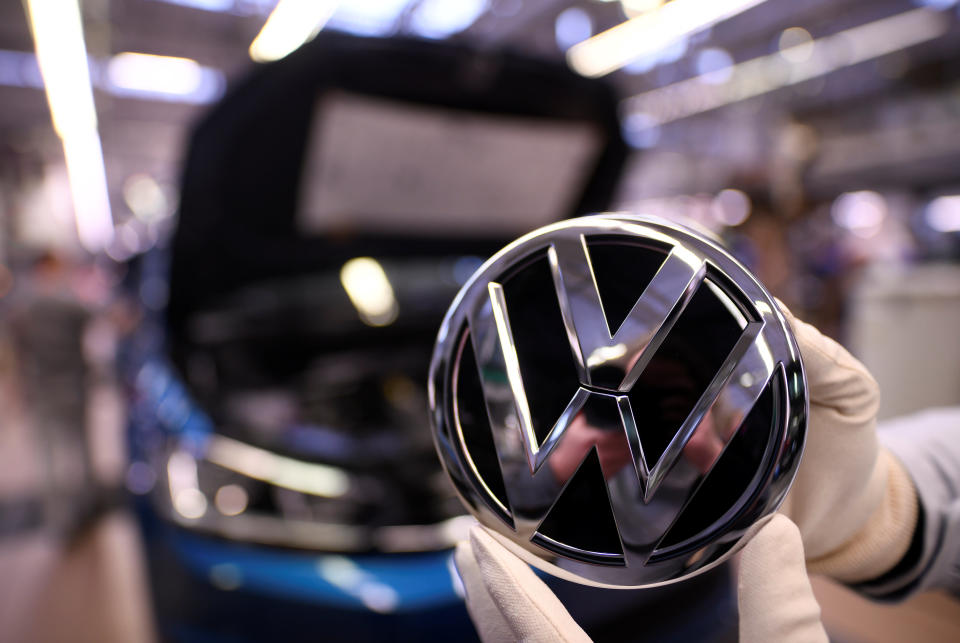Volkswagen says making electric cars will lead to job cuts

VW announced a massive acceleration of its electric-vehicle program earlier today, saying it aimed to increase its electric lineup up to 70 models within the next ten years.
At the company’s annual press conference today, CEO Herbert Diess said the company would have to look at reducing jobs, as the switch to electric cars requires fewer workers. He noted that building an electric car needs 30% less manpower than internal combustion cars, so cutting jobs was necessary, “and it will be hard to do that only through employee turnover and partial retirement.”
READ MORE: VW plans to make 22 million electric cars in the next ten years
German media reported in December that VW could cut up to 7,000 jobs at its Emden and Hanover factories as part of its switch to electrification. It can expect pushback from its powerful works council, which represents employees and holds half the seats on the VW supervisory board.
Volkswagen expects deliveries to slightly increase in 2019, but noted that complying with the next stage of WLTP emissions certification will continue to drag on deliveries in the year ahead. Ensuring their cars were compliant with the Worldwide Harmonised Light Vehicle Test Procedure caused huge delivery delays for Volkswagen in 2018, and cost it around €1bn (£854m).
“WLTP and the way we dealt with it was not optimal,” Diess said. “People were overtaxed in many ways…. had we been focused early on, we probably would have done it better.”
VW said it set a new record for unit sales to 10.8 million vehicles in 2018. Annual revenue was up 2.7% to €235.8bn and net profit was €12bn.
Dieselgate may be in the rear-view mirror for the carmaker but it is still dragging on financially. The company said it paid out €3.2bn in 2018 in costs, mainly fines, linked to the emissions-cheating scandal.
The 12-brand group is battling change on other fronts too, from the threat of tariffs on European cars in the US, the economic slowdown in China, Brexit costs, and the expensive shift to electrification.
READ MORE: Volkswagen announces it will make its e-car platform available to competitors

 Yahoo Finance
Yahoo Finance 